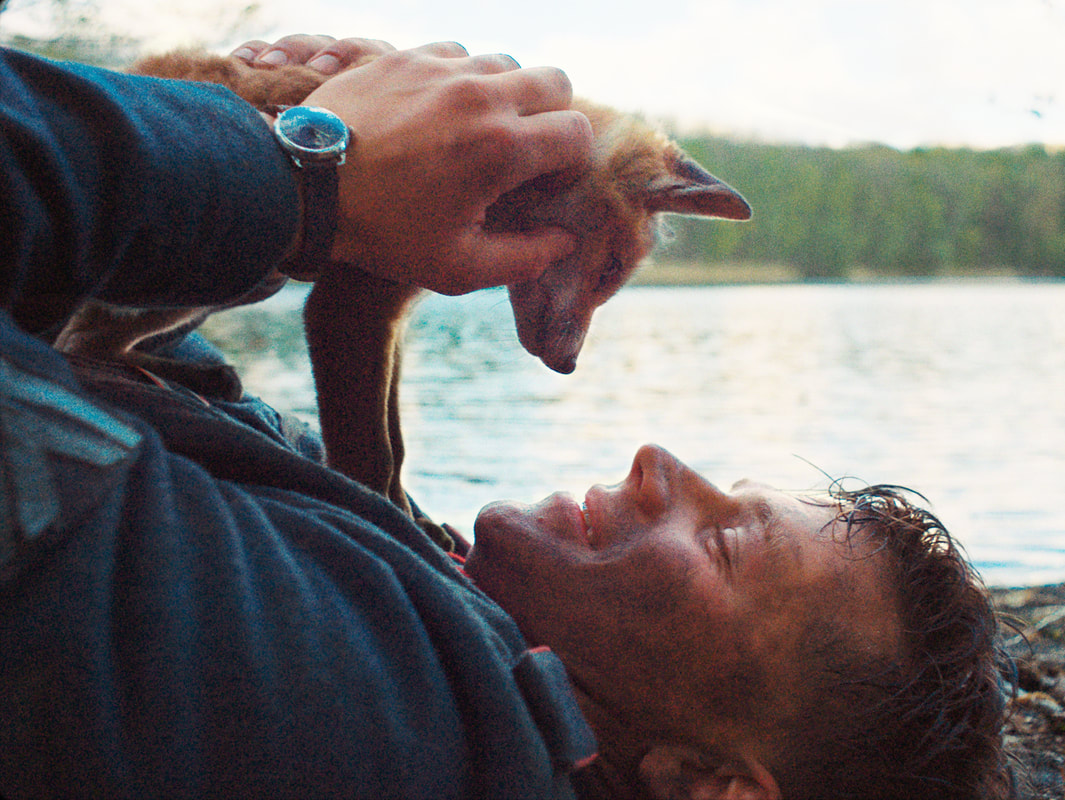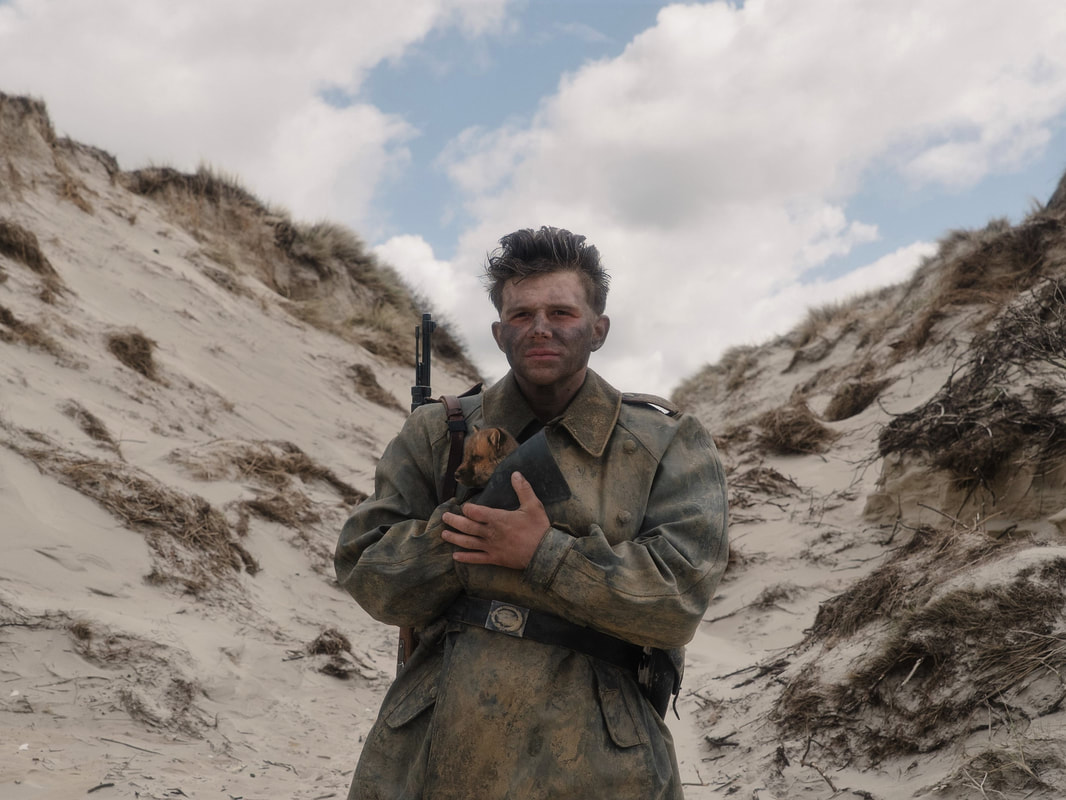|
Review by Daniel Lima There’s something to be said about the power of art as communication, a universal language that allows one to convey complex and intimate experiences to others. In the case of The Fox, that is the experience of telling a deeply personal story to yourself, only to realize that it lacks any structure, meaningful insight, and ultimately anything of interest to anyone without a personal relationship with it. Which is to say, a bad one. The film is based on the life of director Adrian Goiginger’s great-grandfather. Born in the mountains of Austria, he was given away to a farmer at a young age, and upon reaching adulthood, he joined the army after his country was willingly incorporated into Nazi Germany. A withdrawn, introverted man, his only friend was a small fox he raised for about a year. He served through World War II and eventually left military service. That’s it. That’s the movie. It is interesting, to the point of suspicion, how carefully Goiginger portrays the Austrian forces, as well as his great-grandfather’s participation in the Nazi cause. We never actually see the devastation that the Axis powers visit upon Europe; there is no conversation about the culpability of the Austrian people to Nazi crimes. Most curiously, nothing is made of the protagonist’s voluntary enlistment and service as a dutiful soldier within the Nazi war machine. We don’t even see him handle a weapon; conveniently, he was the one front-line soldier who managed to keep his hands clean. That, or everything condemnable is within the significant gaps of time the narrative skips over. The director claims he deliberately wanted to avoid making a war film, instead focusing on his ancestor’s personal journey. This is, frankly, a dishonest approach to telling his story, which falls neatly in line with a tendency to ignore uncomfortable truths about the past. Neo-Nazism and other far-right ideologies have a strong foothold in Austria, and historical revisionism surrounding the country’s participation in prosecuting the Second World War was official government policy until a few decades ago. In this context, Goiginger chose to sandblast away the most unpleasant parts of his great-grandfather’s life. As the war passes out of living memory, it is important to question the ethics behind such a choice. At the very least, it would have provided a sorely needed contour to the man. That the excuse for this is a desire to delve into his progenitor’s internal life is laughable, considering how little there is as written. He is defined solely by his inability to be defined: he cannot relate to others, has no goals or desires, and displays no outward personality. Lead actor Simon Morze fails to imbue the character with any humanity, but given that he has so little to work with, that’s hardly surprising. It is possible to center a story on such a repressed, socially inept protagonist.
Still, there has to be something for an audience to cling to: a sense of character development, an approach to film craft that externalizes how they relate to the world, even simply using them as a lens through which to examine the world around them. Instead, the character is static, the film’s handsome cinematography does nothing more than look handsome, and we certainly gain no perspective on wartime Europe because that might lead to some tough questions about dear old great-grandpa. Thus, the film places all dramatic weight on a void that cannot support it. One might assume that the soldier’s relationship with the titular creature would serve as the emotional foundation of the story. Frustratingly, nothing is done to emphasize their bond beyond a handful of scenes where they frolic, sandwiched between all his other ambling wartime experiences. The fox is given no distinct personality; his growth into adulthood is skipped over, and he doesn’t even receive a proper name. Their dynamic does not change until the very end of the movie, and even then, it does not actually serve as the final leg of what passes for the soldier’s journey. Instead, that is offloaded onto his relationship with his father — a figure absent from his life for over a decade and the narrative for almost the entire runtime. It’s a baffling decision that speaks to difficulty finding a clear arc to a real life — at least, one that ignores all the Nazi bits. It is, of course, possible that the filmmaker is actually doing the story of his great-grandfather justice. Perhaps his service through World War II as part of the Axis powers really was entirely bloodless. Maybe he really had no dimension to his as a young man. Perhaps he really didn’t bother to name this animal that served as his only companion for a year. If all this is true, however, it begs one question: “Would anyone who isn’t a blood relative of this guy actually care?” There is only one answer. The Fox is now available on VOD. Rating: 2/5
0 Comments
Leave a Reply. |
Archives
July 2024
Authors
All
|
|
|
disappointment media
Dedicated to unique and diverse perspectives on cinema! |


